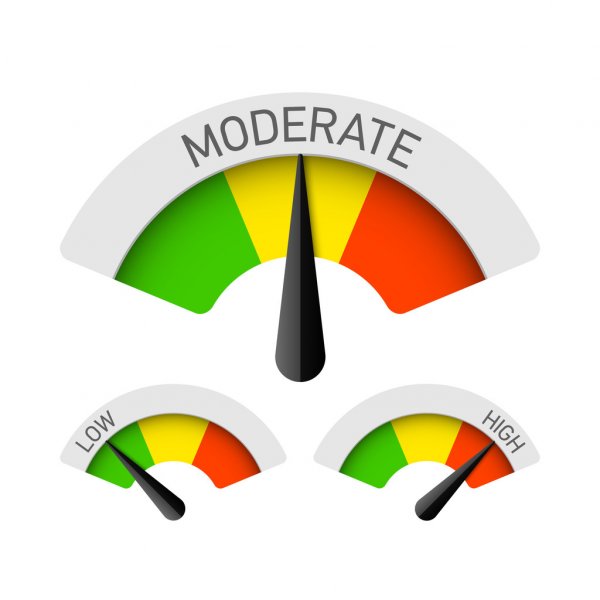Contact Us
Related Posts
Category

Content is the simplest way of expressing your work and it can be different from person to person and it also depends on the situation. Content = information, fundamentally. Content = experience. Content = no specific content. There is a wide range of data or content that is being available in Google. Google is a huge platform for the content creators or the business to outsource or expand their work or businesses. But there are certain rules and regulations which Google follows for the content that is being shown on the page. It removes the content if the content is violating certain policies or is outdated. Recently, Danny Sullivan (Google’s Search Liaison) explains why the content gets removed from the google search results.
Google’s mission is focused on access to information, and they work every day to make information available to all through the web. The systems are designed to provide the most relevant and reliable information possible, but they do not include open web pages in the search results. The results may include content, depending on what we are looking for, that may be unreasonable or offensive to people. Google also has a strong commitment and responsibility to comply with the law and to protect customers as they strive to provide open access to information. It removes content from Google Search when it is contrary to local law.
Sullivan says that the company maintains a high standard for complying with the laws to remove search results from pages. Google is not in a position in most cases to detect violative content itself. To report content that may have to be removed for legal reasons, Google depends on persons and authorities. Anyone can file a request for the removal of content that they believe violates the law by completing a form provided by Google. Google shares information in the Transparency Report with all legal removals about government requests for removal. It also informs site owners of removal requests via Search Console where possible.
Google may remove content if it contains highly personal information, even if it is not legally required to delete it. These content types are information that is generally intended by people to be private and may cause harm, such as identity robbery, which enables Google to request the removal of the search results. Examples of such contents include financial or medical details, government IDs, and intimate images. By assessing whether or not the potential damage caused is greater than the value it gives searchers the decision to delete the content.











